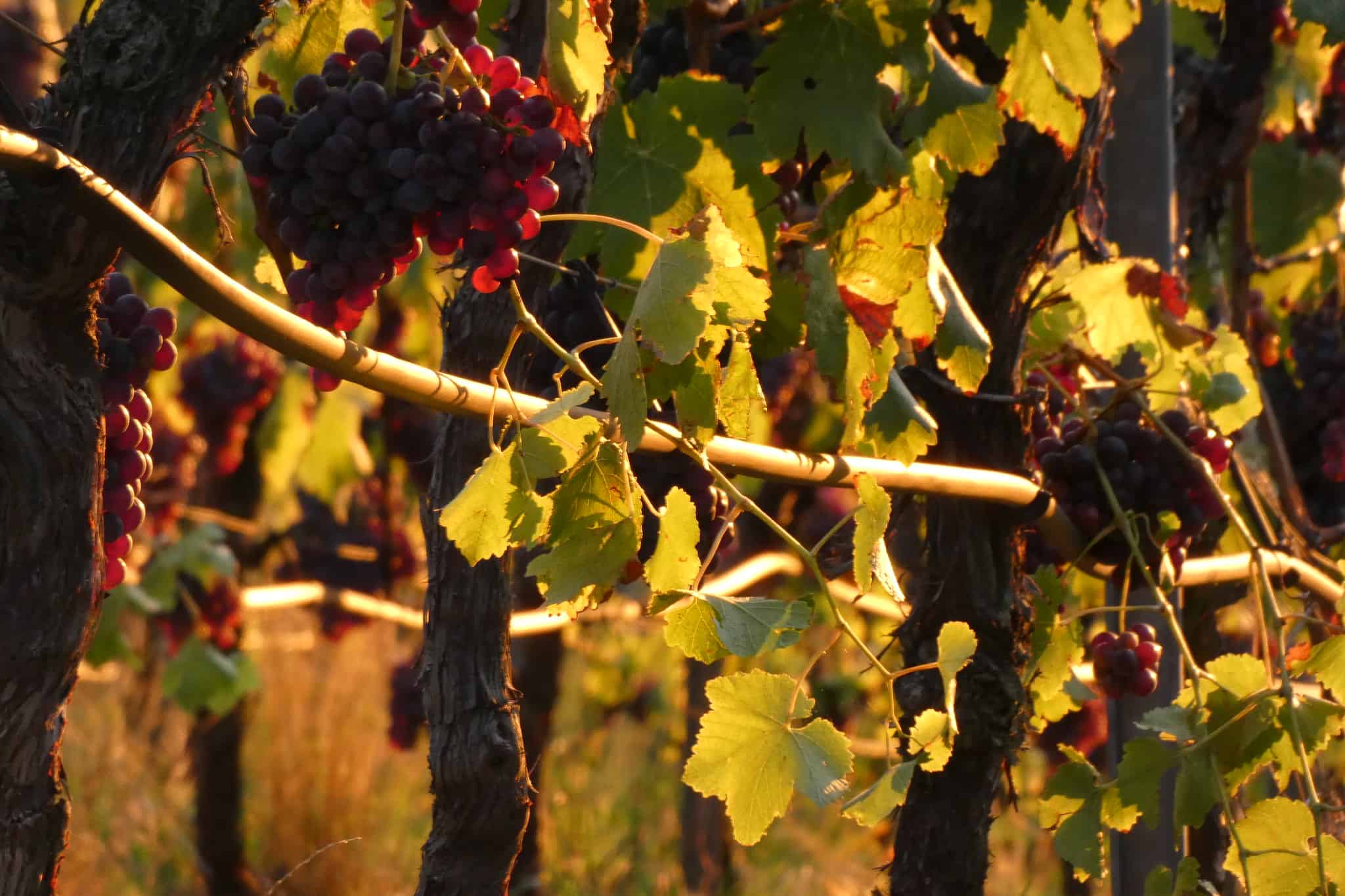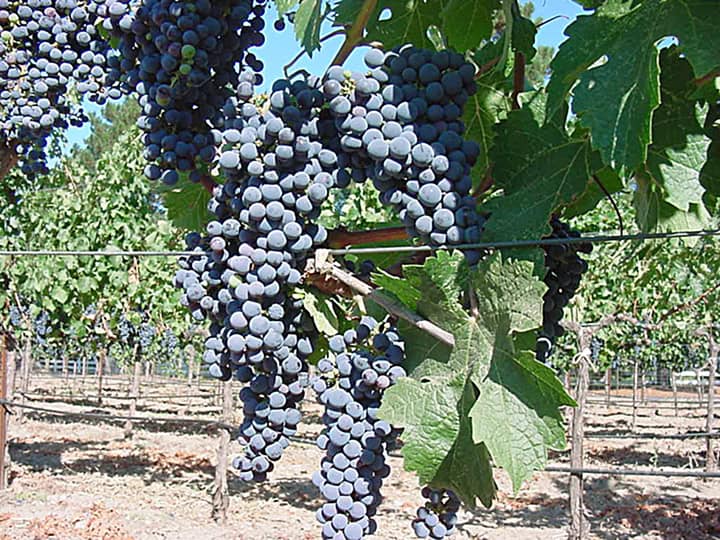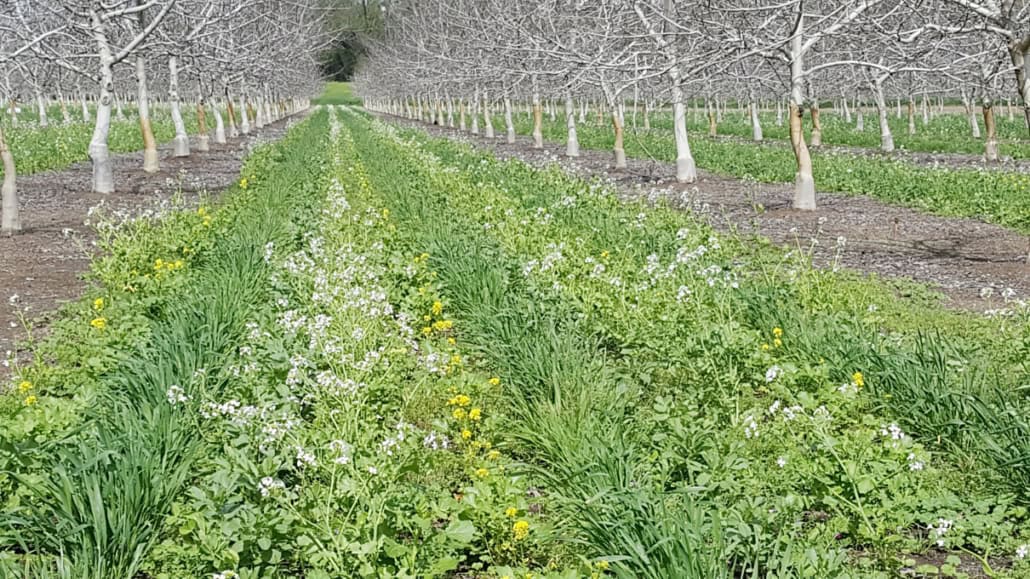Differences in Root Damage Caused by Grape phylloxera in Organic vs. Conventionally Managed Northern California Vineyards
Don Lotter, University of California, Davis

To test the hypothesis that the root-feeding insect, grape phylloxera, does less damage in organically managed vs. conventionally managed vineyards, soil and root samples were taken from vineyards in northern California.
Greenhouse grown grape plants, inoculated with phylloxera showed less root rot when grown in soils from organically managed vineyards. Greater phylloxera numbers in the organic treatment can be attributed to the better nutritional status than the more deteriorated roots in the conventional treatments. Root samples from organically managed vineyards showed significantly less rot (11.8%) than roots from conventionally managed vineyards (27.1%).
Phylloxera numbers in the vineyard root samples were not significantly different between organic and conventional, however there is a trend towards higher numbers in the organically managed vineyards, again most likely due to the better nutritional status of the less deteriorated roots.
Region
West/Southwest
Topic
Insect/Pest Management
Category
Tree and Vine Crops
Date Range
2000 and earlier
Funding Amount
$3,000
Funding Year
1996Location
Davis, California
Collaborators
Jeffrey Granett, University of California, Davis
David Rizzo, University of California, Davis



